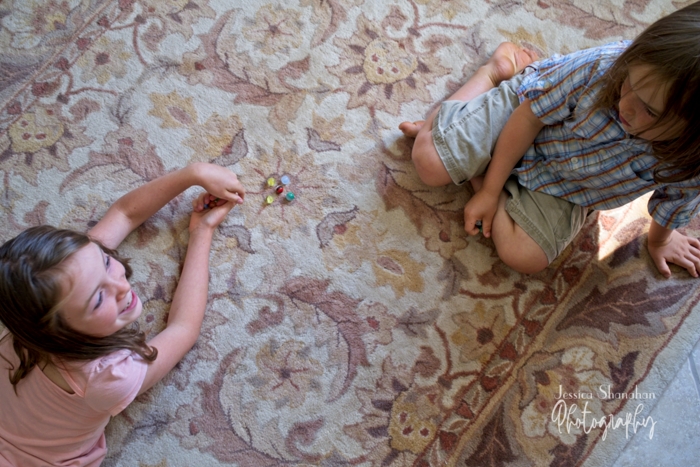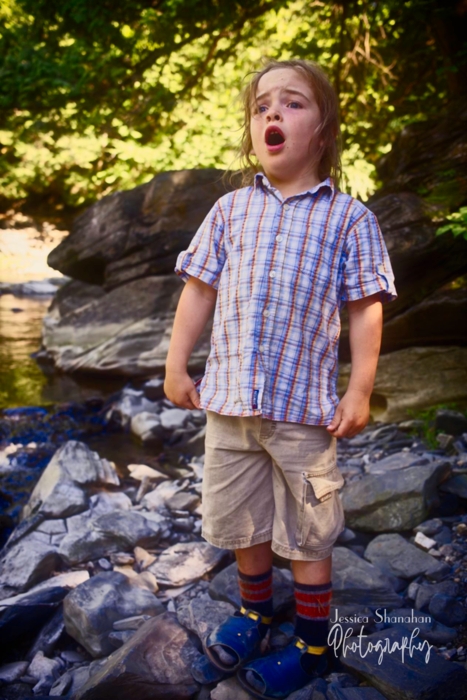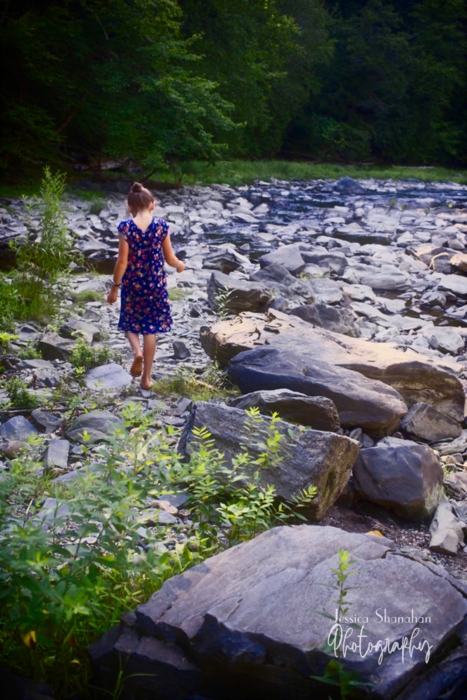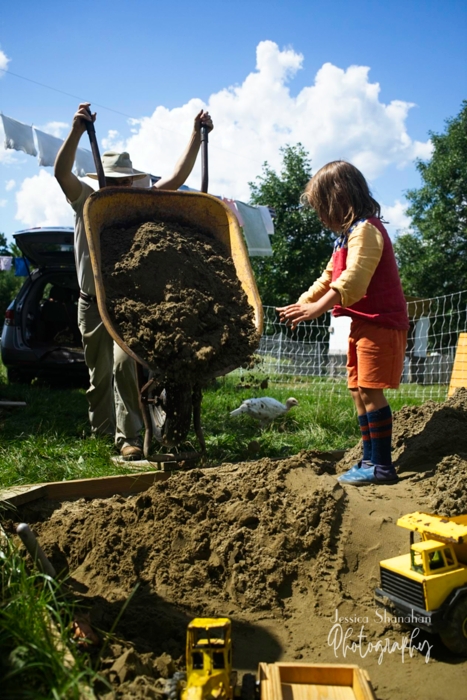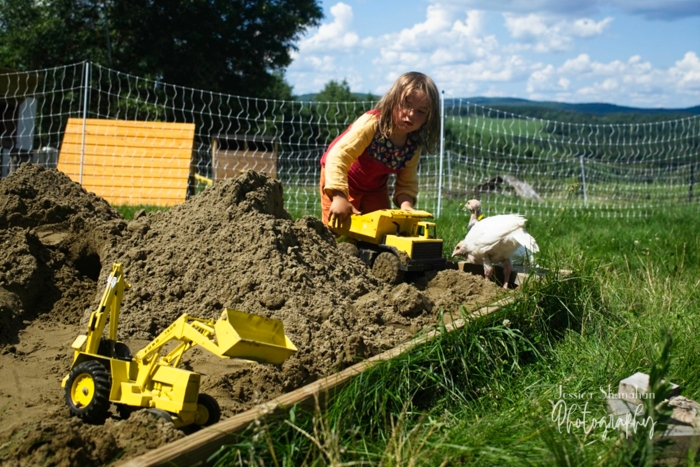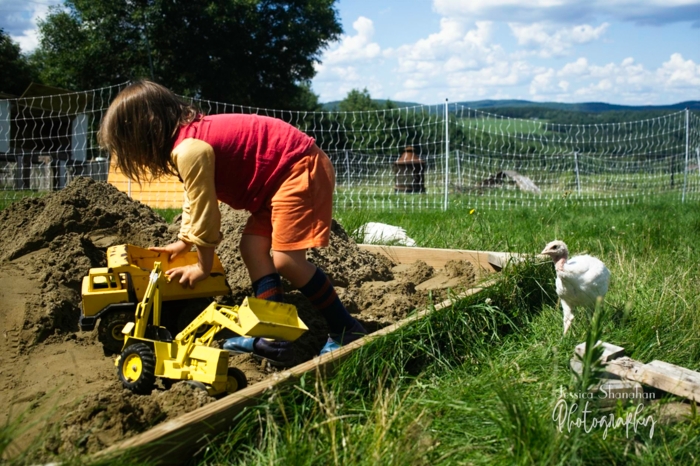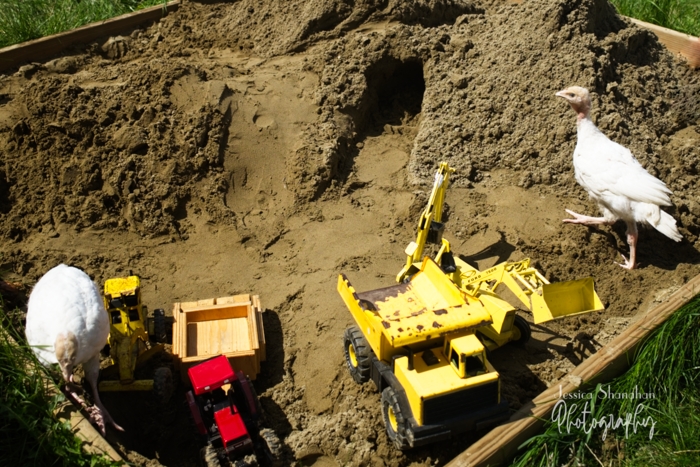Wednesday, August 26th, 2020
On a cool late August day, we walk around the fence on the far side of the Johnville Bog parking lot to enter the bog the back way. Fence, boulders, and signage are all there to try to keep four-wheelers out of the protected area. In my observation, most people driving four-wheelers have little regard for protected areas.
The back trail starts up a steep eroded ridge.
It goes through a disturbed woodland rife with four-wheeler trails.
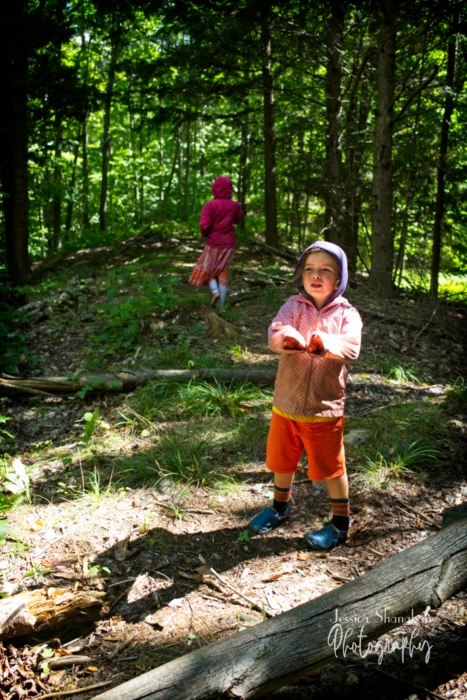
The trail emerges from the small woodland on top of a rocky ridge.
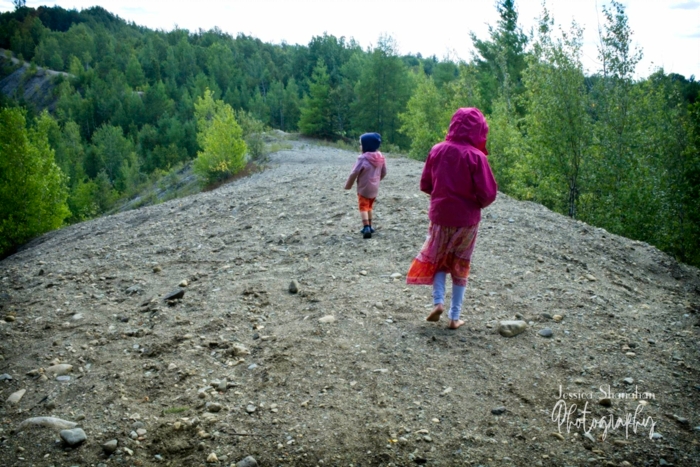
Below the ridge, one can see the extent of four-wheeler disturbance.
This whole area was once boreal forest bog.
Now, little grows outside the protected area but a few scattered poplars.
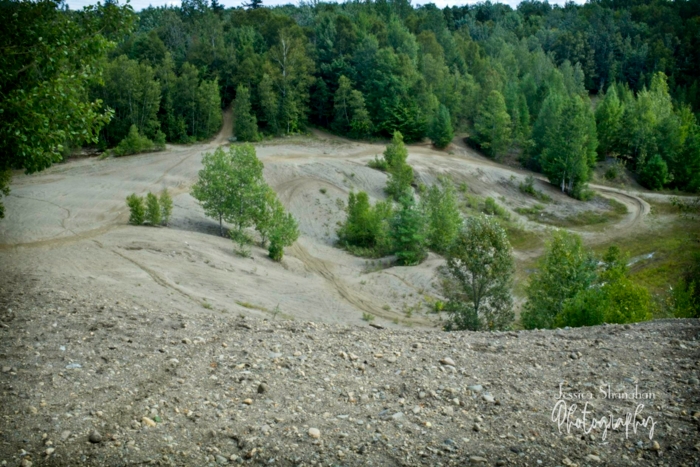
We walk through the disturbed area into the forest park.
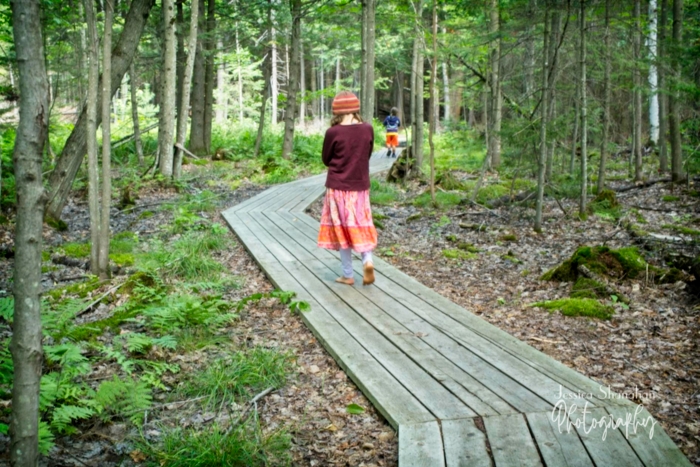
Tall trees grow here.
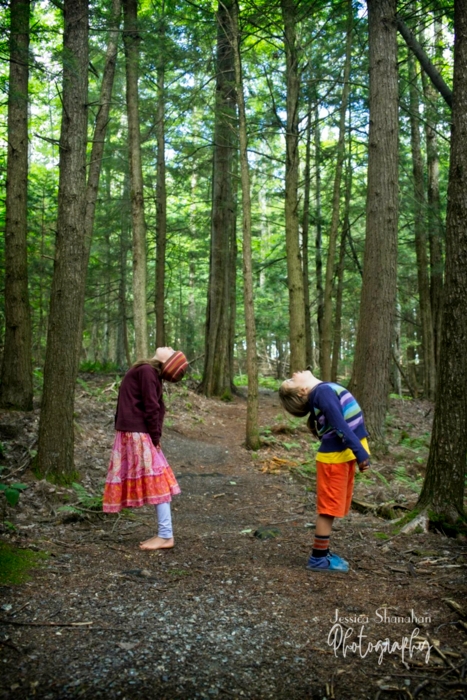
We walk through the woods, into the bog.
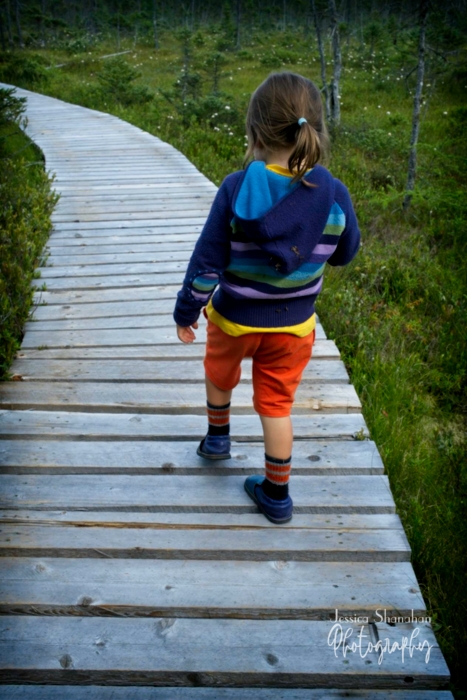
Black spruce, tamarack, cottongrass and Labrador tea
bring back the sights and smells of Fairbanks, Alaska.
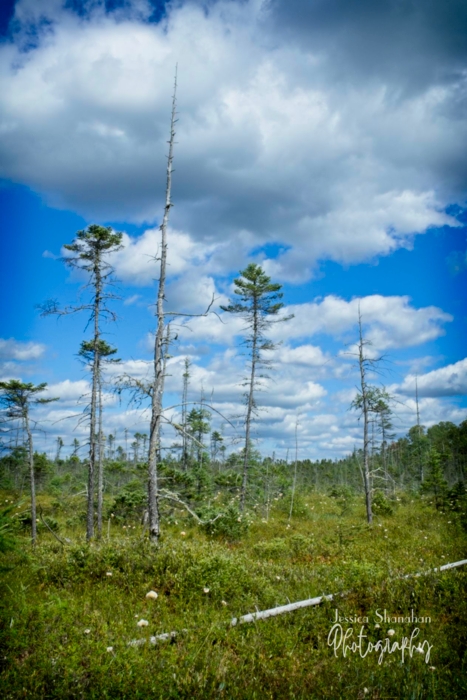
Mouths agape, pitcher plants beckon.
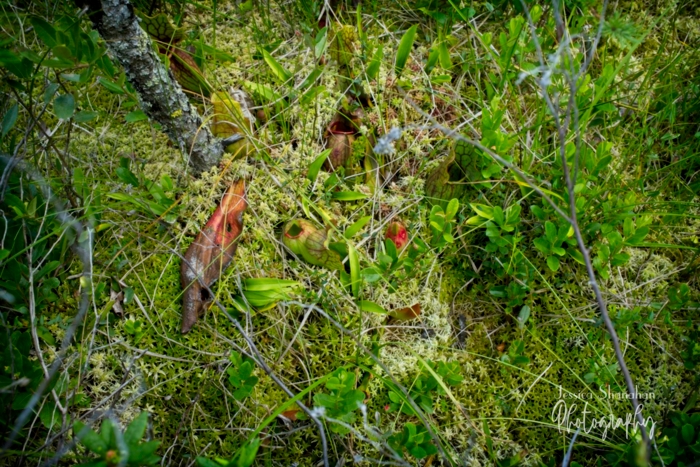
I love this place.
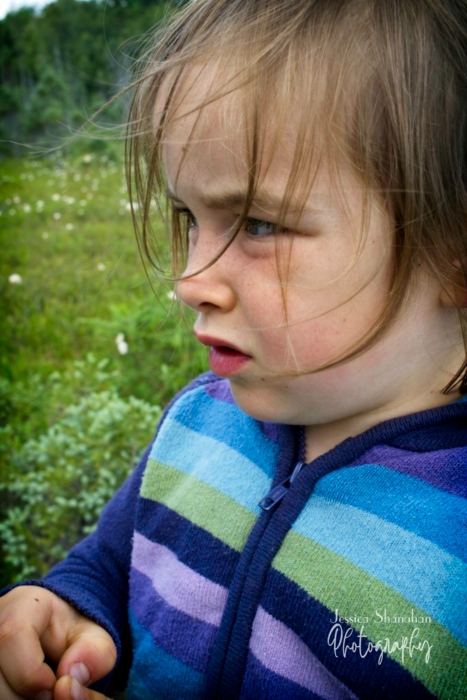
Friday, August 21st, 2020
At hutch #1, the turkeys—
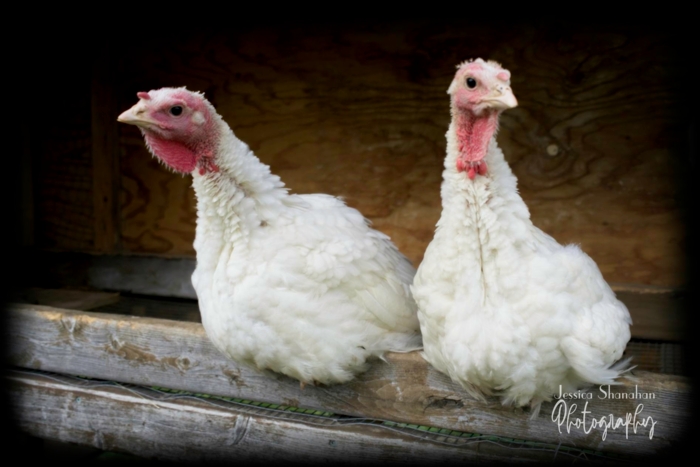
roost above the rabbits.
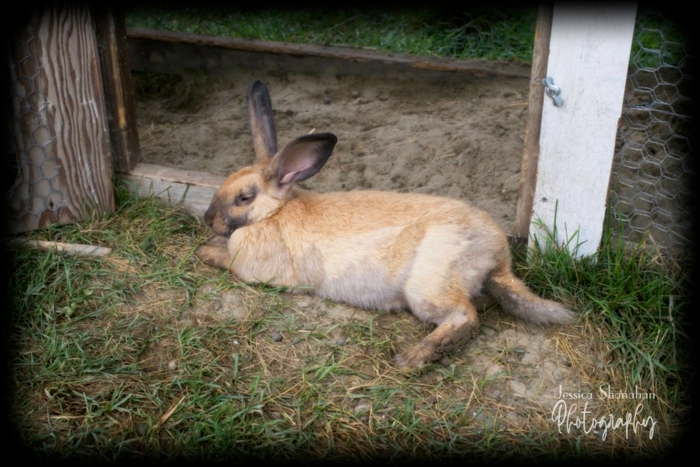
Never trust a turkey.
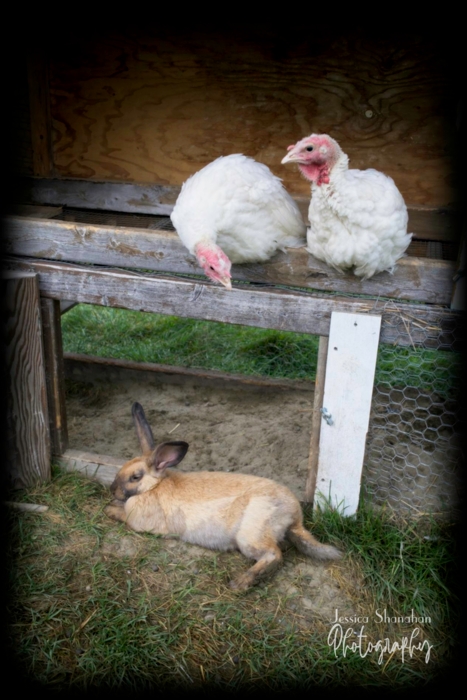
Tucker & Clover produce two basic colors of rabbit:
agouti—
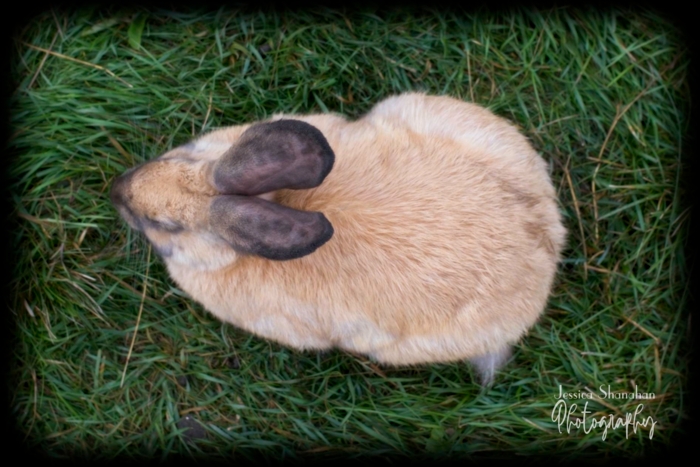
and cream.
They taste the same.
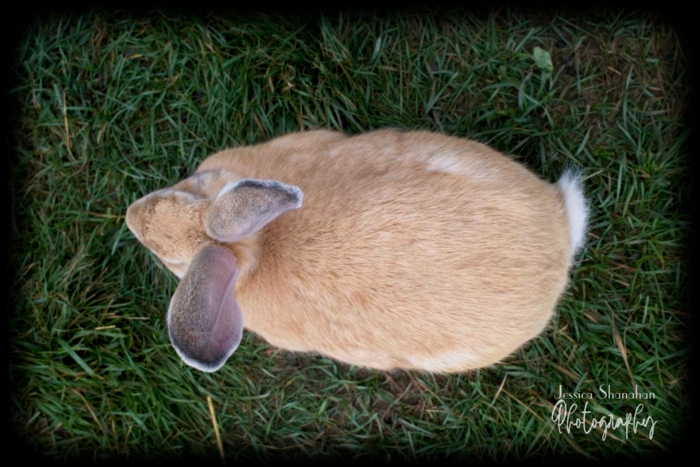
All the rabbits like the little hutch with the hole.
The pint-sized ones go under, the quart-sized ones go inside,
half-gallons flop where the rocks are and hop on the roof,
and the gallon-sized hoppers flop about under the lean-to sides.
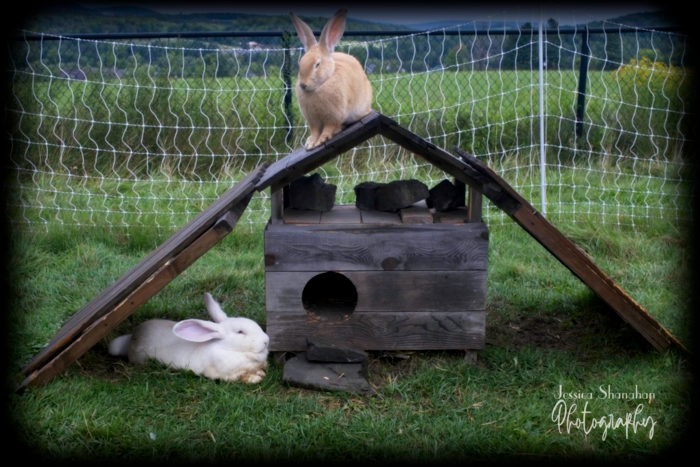
Rabbits love to be pet on the bridge of the nose.
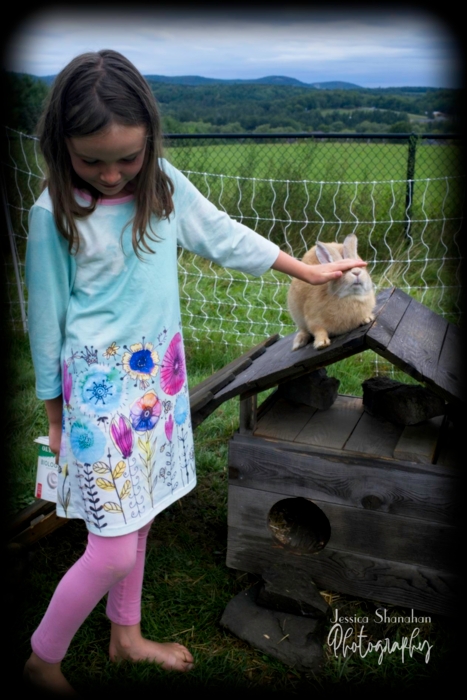
Tucker checks up on a young-‘un hiding in the sticks.
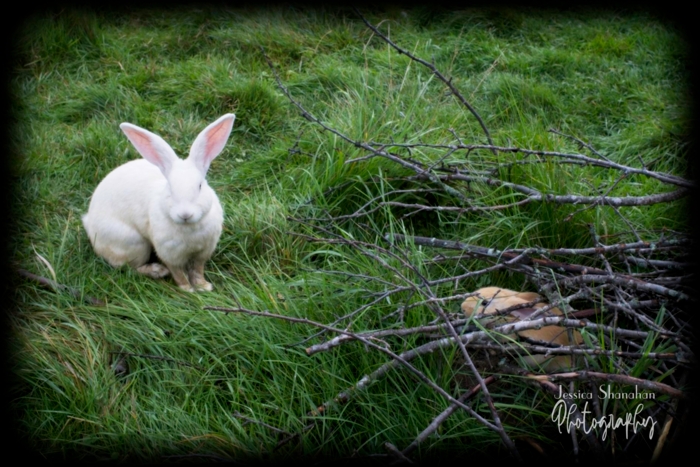
Feeding station A is at hutch #2.
Rabbits poop a lot where they eat, so we are continually cleaning & moving the hutches.
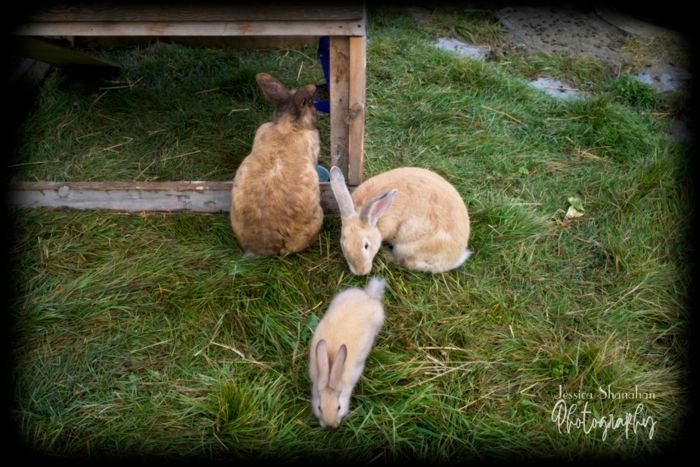
Wabbit nose.
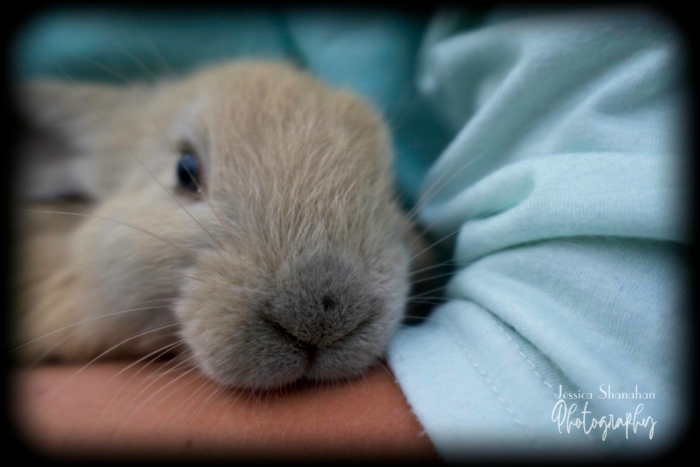
Never trust a turkey.
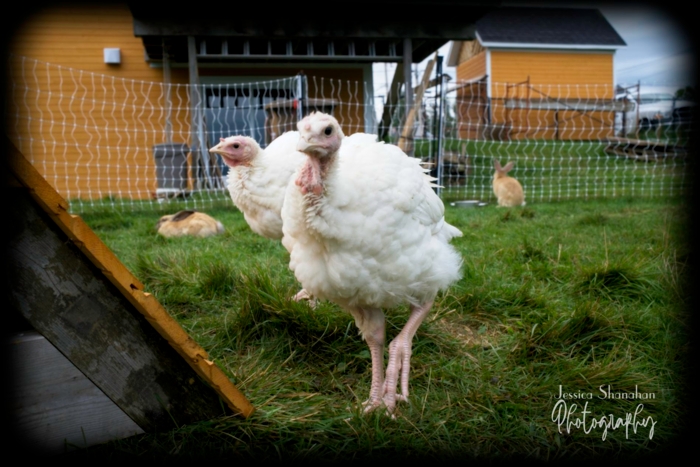
Feeding station B is under the yellow A-frame.
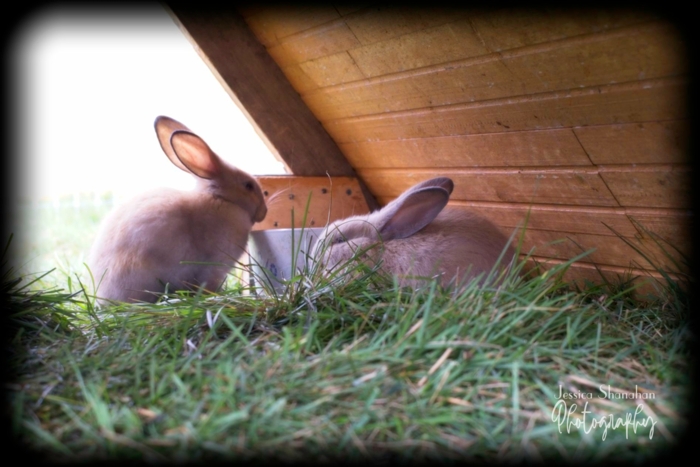
The cool sand under the fire pit is a popular flopping place.
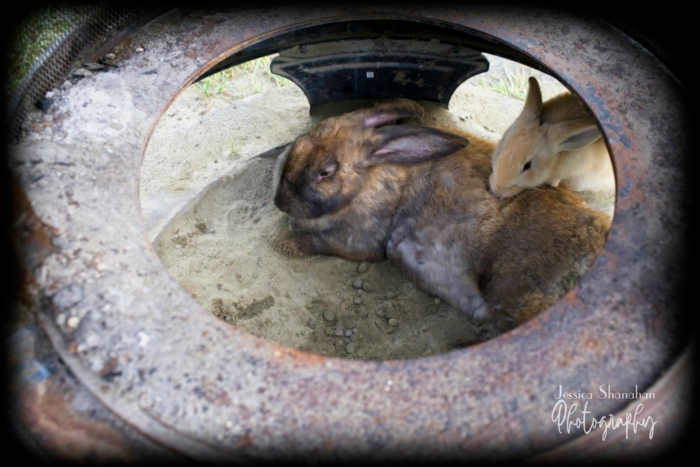
Zap is out!
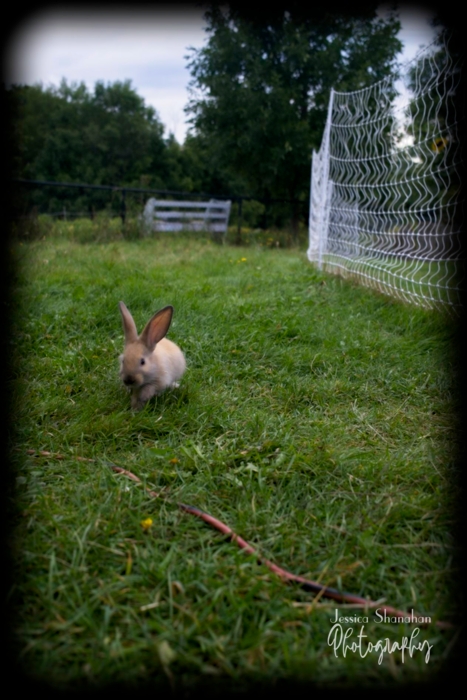
Never trust a turkey.
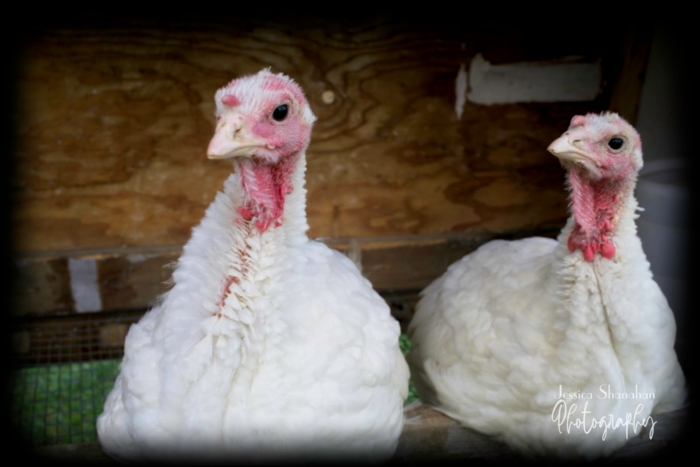
Monday, August 17th, 2020
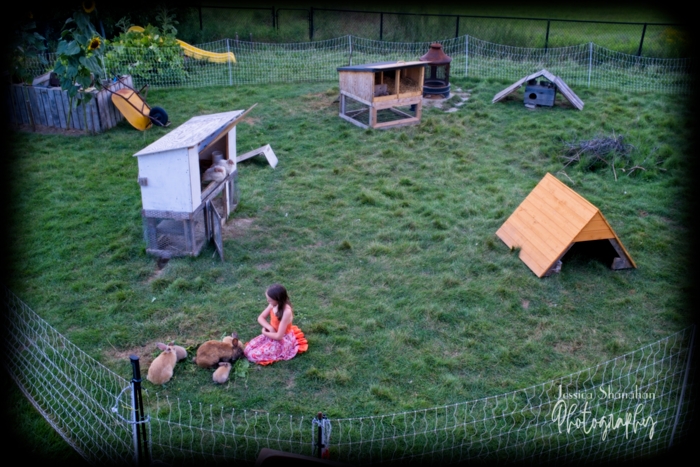
This is our rabbit colony. As I am actually telling you this story a while after the photo was taken, I’ll tell it to the end.
We had two adults who were together from late March through October. They are inside an electric poultry netting, which they respected. There was once one young rabbit who liked to squeeze through it, so we isolated him in the finish compost bin for about a week until he got too fat and broke the habit. We named him Zap. When he was big enough, we ate him.
Outside the electric netting is a chain-link fence. At the bottom of the chain link is poultry wire, which kept any escapees from really truly escaping.
The rabbits have a number of hides: tilted wheelbarrows, the pile of sticks surrounded by overgrown grass (they were 100% in charge of lawn mowing & chose to leave that grass long), two two-story hutches, a yellow A-frame, the fire pit, the finishing compost bin, and the little hutch with the hole in it. They liked them all differently but equally.
During this period of time, it was fine to keep the turkeys in with the rabbits, but when the turkeys got too big for us to pick up they also got quite interested in pecking out the rabbits’ eyes. We moved them into the space between the chain-link and the electric fence, to protect the rabbits.
In late October, the colony was invaded by a mink. It ate the entirety of a young litter, two month-old rabbits, and a rabbit that was relatively mature before we dismantled the colony. The grow-outs were brought to the balcony with the buck, the 12-week-olds were processed, and the youngest ones had, by then, all been eaten. The doe and one of her daughters were left in the lawn but locked up securely at night.





























